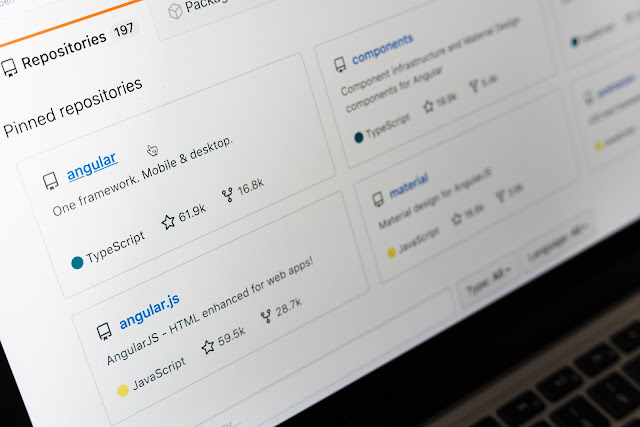So, keep reading –I’ll shed some light on all your doubts.
Migration from AngularJS to Angular
First of all, let’s remember what AngularJS and Angular are. AngularJS and Angular are web frameworks, tools that help the process of developing a web application. It means you don’t need to write a group of code lines on your own and give time to find mistakes and faults.
- “How do you handle routing?”
- “How do you approach migrating components?”
So, let’s clarify the first question. Routing is a major part of Angular applications, and there are many questions to be answered:
- “How do you handle routing in general?”
- “How do you handle resolving data for routes?”
Migrating Route by Route
If you have a large application, and the migration process will take a while to develop, it might be worth studying running in a hybrid model. With this program, you will be able to migrate one route at a time and let Angular handle the migrated routes while AngularJS handles the non-migrated routes.
So, as you can see, the migration from AngularJS to Angular is very important. You must remember all these questions. I hope you have gotten some new information.
Problems with Migration from AngularJS to Angular
In this point, I will list all major problems with migration from AngularJS to Angular. So, let’s compare the difference between AngularJS and Angular.
There are a lot of reasons explaining why Angular mobile apps are so good and easy-to-make. Angular is faster, easier, more useful than AngularJS. Several problems integrated into AngularJS have been successfully solved.
Technology updates and that guarantees the provision of a stable design progress. Migrating to Angular will still be needed anyhow, but the earlier this is done, the more affordable and more effective such a migration would be.
The lack of AngularJS development. AngularJS is a final chapter, in a way of speaking; it makes its tasks but there is no hope of future technology upgrades. And developers are always interested in new solutions and have no desire to deal with an obsolete framework.
So, as you can see, Angular is great for creating both necessary single-page apps, and extensive online openings, it’s a reliable solution to develop web applications of different levels of complexity.
Now, let’s talk about language. As for AngularJS it is based on JavaScript. Angular is based on TypeScript. TypeScript is a superset of ECMAScript 6.
Of course, the most important problem is maintainability of code – over some time, when the application code size gets more important, bad patterns like tight coupling, duplicate code, long methods, large companies, and more bugs are discovered in the code. The code should be rewritten in this case. So, you study about refactoring the code. But, instead of code refactoring in the same version, we consider rewriting the code in Angular7.
Tools – external tools are used in AngularJS for testing and debugging. But in Angular, the application can be simply tested inside, can be also debugged and the command line tools are inbuilt.
So, I hope with all my heart that you enjoyed this point and picked a lot of interesting information, which will help you in your future.
Conclusion
Just to summarize the main points again. I hope this article “What are the problems with AngularJS to Angular Migration” has provided you with interesting facts. I tried to explain the most important points, which can help you. For example:
- Migration from AngularJS to Angular
- Migrating Route by Route.
- Problems with Migration from AngularJS to Angular
I’d like to suggest also that the choice of the framework is always just up to you. It all depends on skills and desire. And if after reading this article you still have any questions, feel free to ask them!
Thank you for reading! Have a nice day!

